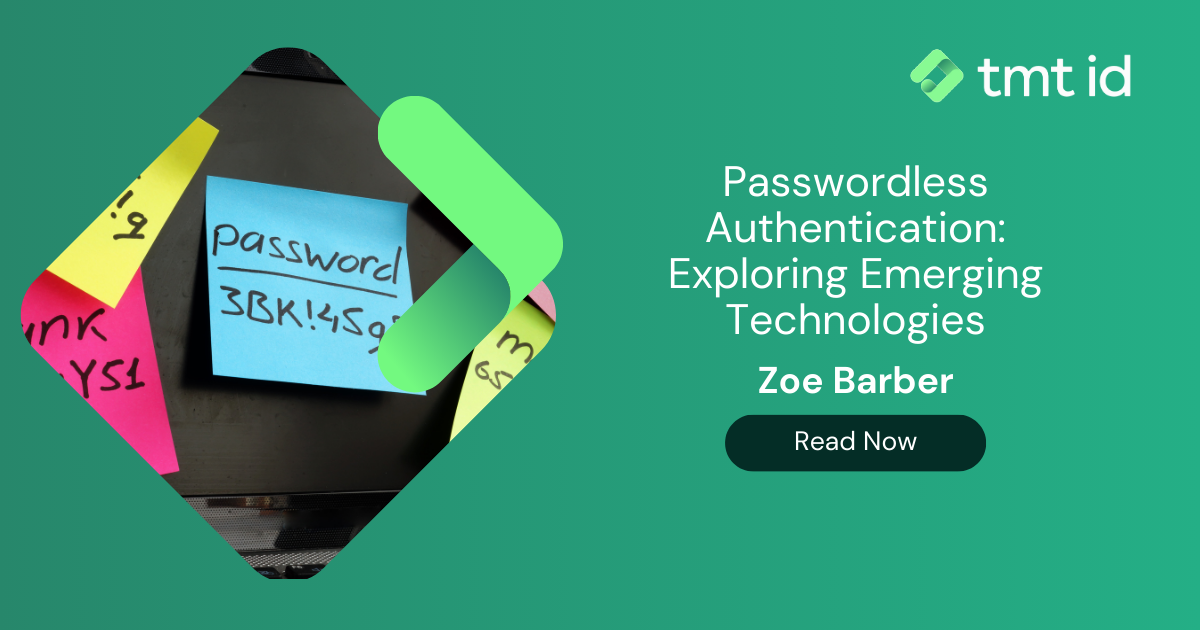
It’s a staple scene from comedies of a certain vintage. A middle-aged man, looking nervous, steels himself against embarrassment, before entering a newsagent and selecting a magazine from the top shelf. Or he picks up some shampoo, talc and a hairbrush before approaching the till at the chemist to ask in a whisper for ‘something for the weekend’. Or he looks around repeatedly to check that he hasn’t been noticed by any spying neighbours before ringing the doorbell of a certain insalubrious flat.
All of these scenarios were part of normal life for anyone attempting to engage with what’s now called ‘the sex industry’ a generation ago – and because they were so agonising for those involved, they lent themselves easily to parody by comics of the Dick Emery or Benny Hill variety.
So established was the horny but embarrassed-about-it man – because invariably they were men – that he became a trope that even those born into today’s age of free-for-all digital porn would still surely recognise.
The reason these archaic comic characters have been in my thoughts lately is because of a major change that’s now in place for the sex industry in the UK: as of the last Friday in July, anyone attempting to access any form of X-rated content online must verify that they are 18 or older, and thus legally old enough to proceed.
That date marked the beginning of official enforcement of the Online Safety Act by Ofcom, which has described “robust age checks” as a cornerstone of the regulation – and stressed that these must be “technically accurate, robust, reliable and fair”.
And this development has, for some, revived memories of that staple comic man character updated for the 21st century: “Why do you need to scan your face and copies of our gas bill and a council tax statement, Tony?” “I, er, um… I’m just… er registering to… er try for Wimbledon tickets next year.” And so on.
But there is good news here – at least it’s good if you are one of the estimated 14 million people in the UK who look at pornography online. Because the reality is that this legislation doesn’t have to mean a return to the old days of cringing embarrassment going hand-in-hand with any sexual transaction.
And that’s because, although the UK might have its problems these days, we remain very good indeed in some fields – and one of the fields in which we undoubtedly excel is age verification. The UK is a global leader in this sector.
(As it happens, another is in not just viewing but producing porn – but I digress…). In fact, our pioneering expertise in finding effective ways to assess age without hindering speed of access is unrivalled globally.
Until now, the sector’s biggest comparable field has come in working with gambling companies, for whom the prospect of gigantic fines if they inadvertently allow children to place bets on their platforms has been a fact of commercial life for some time – but it’s a competing pressure alongside the need to onboard new customers quickly before they go to a rival.

Now it’s porn companies who face this trade-off.
The options facing huge platforms like YouPorn and OnlyFans on how to implement sufficiently ‘robust’ checks come down to variations on the following: scanning your face, uploading supporting ID documents, submitting to a full identity check, email verification, registering a credit card or simply providing your mobile number.
Of all of these, the one that’s least time-consuming but most effective is the latter. Because almost everyone has a mobile device that already has both a vast data history and a detailed live status, it’s possible to identify in a microsecond whether a user is who they claim to be. And this in turn makes it possible to detect fraudulent declarations while preserving anonymity and not delaying customer… er… gratification.
Porn is very big business indeed. The UK has more monthly visitors to Pornhub than to LinkedIn. But until now, its age verification systems had essentially come down to asking ‘Are you over 18?’ and allowing anyone who answered in the affirmative to enter.
The consequence of that laxity is evidenced by the UK Children’s Commissioner’s finding that by the age of 13, some 50% of children here had already been exposed to porn.
That was clearly unacceptable. So change was overdue. And while the change has now arrived, it’s not been as radical or regressive as many feared. It hasn’t meant a return to the seventies.
What has caused concern, however, is how some platforms have gone beyond what’s required.
Despite Ofcom’s guidance allowing for a range of flexible and privacy-conscious verification options, several sites have implemented highly intrusive measures – such as demanding full identity document uploads or facial scans – even when less invasive alternatives are available and compliant. This has raised concerns around data privacy and scope creep, and has led many users to worry that they are being asked to hand over more information than is strictly necessary just to prove their age.
As the new framework beds in, scrutiny is likely to grow not only over whether platforms are compliant – but whether they are respecting user privacy in the process.
Last updated on January 6, 2026



Age verification should be friction-free. Industries such as online gaming, gambling, and adult content must prevent underage access without intrusive manual verification. Verify’s real-time data checks help businesses enforce age restrictions and are legally compliant.
Learn more about Age AssuranceWe provide the most comprehensive device, network and mobile numbering data available
Contact us > Chat to an expert >